6 science books that inspired Rebecca Skloot
The author of the best-seller The Immortal Life of Henrietta Lacks recommends works by Rachel Carson, Oliver Sacks, and more

A free daily email with the biggest news stories of the day – and the best features from TheWeek.com
You are now subscribed
Your newsletter sign-up was successful
Love at Goon Park by Deborah Blum (Basic, $18).
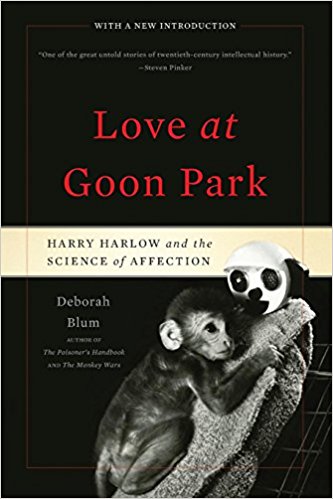
This is a wonderful and compulsively readable character study of Harry Harlow, the scientist whose amazing, often disturbing, research on primates provided crucial insight into child-rearing.
Silent Spring by Rachel Carson (Houghton Mifflin Harcourt, $16).
The Week
Escape your echo chamber. Get the facts behind the news, plus analysis from multiple perspectives.

Sign up for The Week's Free Newsletters
From our morning news briefing to a weekly Good News Newsletter, get the best of The Week delivered directly to your inbox.
From our morning news briefing to a weekly Good News Newsletter, get the best of The Week delivered directly to your inbox.
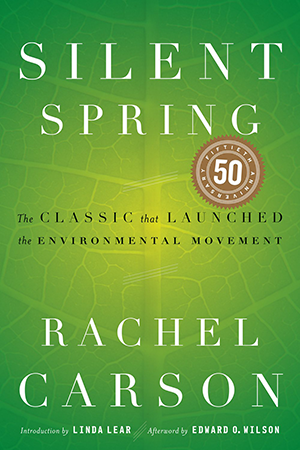
Carson's book is one of the most important pieces of science writing ever published. The author was fearless in her pursuit of scientific truth, and with this book, she helped shape our modern understanding of environmental science and activism.
The Spirit Catches You and You Fall Down by Anne Fadiman (Farrar, Straus & Giroux, $15).
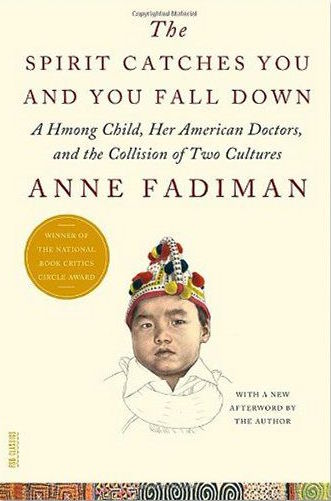
In an incredible story of cultural miscommunication and of a tragic clash between scientists and nonscientists, a girl born to a Hmong refugee family in California meets a heartbreaking fate. It's a dramatic and important story that Fadiman tells without demonizing either the doctors or the family, and it was an early model for me as I wrote The Immortal Life of Henrietta Lacks.
In the Name of Eugenics by Daniel J. Kevles (Harvard, $32.50).
A free daily email with the biggest news stories of the day – and the best features from TheWeek.com
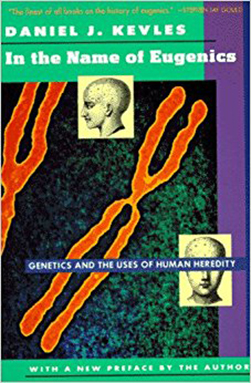
I devoured this meticulously footnoted story of scientists who hoped to "improve" the human race by eliminating minorities, "immorality," and "inferiors," by means of selective breeding and much worse. It's an essential chapter of American history that we should never forget.
The Man Who Mistook His Wife for a Hat by Oliver Sacks (Touchstone, $16).
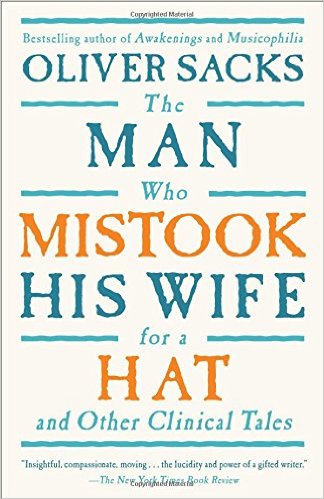
I love anything by Sacks, but especially this collection of essays about his patients and their fantastical array of neurological ailments. He transports himself and his readers into the minds and lives of his patients, reminding us that there are always human beings behind the scientific mysteries.
And the Band Played On by Randy Shilts (St. Martin's, $22).
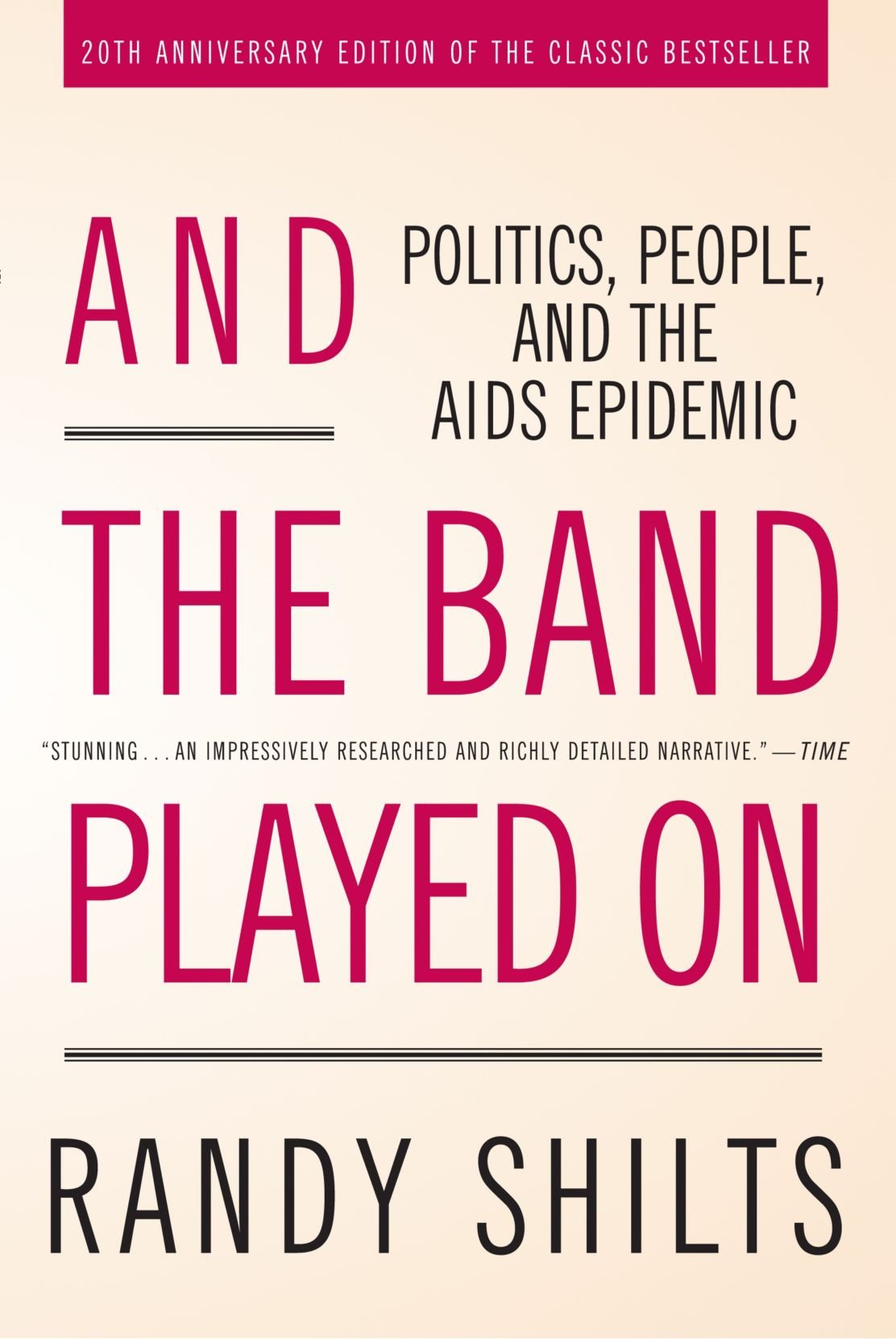
And the Band Played On is up there with Silent Spring as one of the most influential pieces of science writing. Published in 1987, it changed the way AIDS was understood and treated in the U.S., and did so by combining powerful investigative journalism with beautiful storytelling. The first piece I read by Shilts was a follow-up essay to the book. I finished it and said to myself, "I want to write like that guy."
— Rebecca Skloot is the author of the best-selling book, The Immortal Life of Henrietta Lacks.
Editor's note: The original headline on this article mischaracterized Rebecca Skloot's selections. It has since been revised. We regret the error.
-
 Film reviews: ‘Wuthering Heights,’ ‘Good Luck, Have Fun, Don’t Die,’ and ‘Sirat’
Film reviews: ‘Wuthering Heights,’ ‘Good Luck, Have Fun, Don’t Die,’ and ‘Sirat’Feature An inconvenient love torments a would-be couple, a gonzo time traveler seeks to save humanity from AI, and a father’s desperate search goes deeply sideways
-
 Political cartoons for February 16
Political cartoons for February 16Cartoons Monday’s political cartoons include President's Day, a valentine from the Epstein files, and more
-
 Regent Hong Kong: a tranquil haven with a prime waterfront spot
Regent Hong Kong: a tranquil haven with a prime waterfront spotThe Week Recommends The trendy hotel recently underwent an extensive two-year revamp